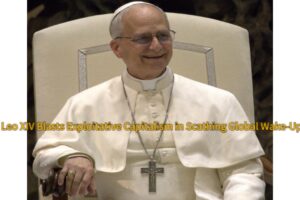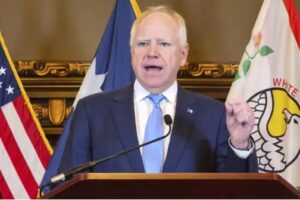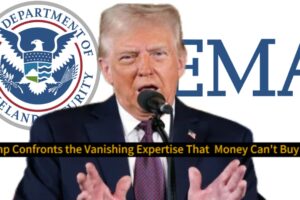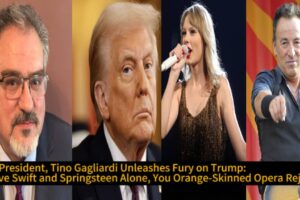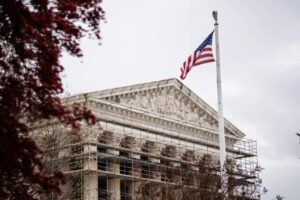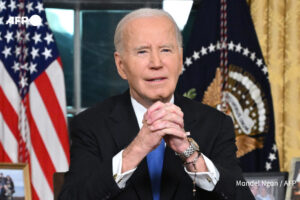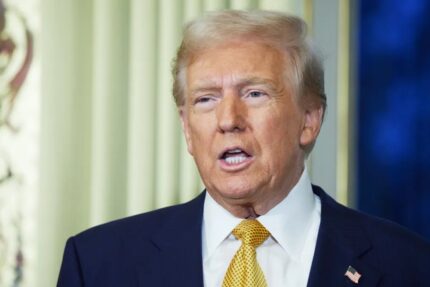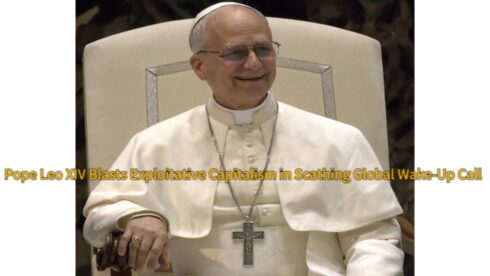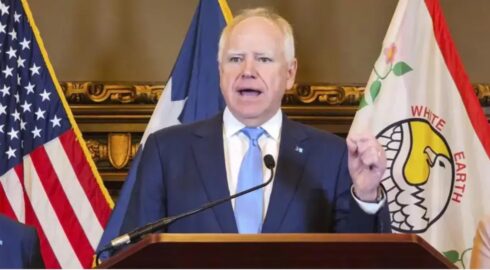Manhattan Judge Juan M. Merchan sentenced President-elect Donald Trump in his hush money case on Friday, but declined to impose any punishment. The decision, an unconditional discharge, brings an end to a case that saw Donald Trump convicted of 34 felony counts related to a scheme to conceal affair allegations during the 2016 election. Despite the convictions, Trump is set to assume the presidency, becoming the first convicted felon to take office.
The ruling avoided the potential constitutional challenges of sentencing a sitting president. Judge Merchan emphasized that legal protections afforded to the president do not negate the jury’s verdict. “This case is not about erasing a jury’s decision, but ensuring the presidency remains functional without unnecessary disruption,” Merchan stated. Donald Trump, appearing virtually from his Florida residence, described the trial as a “terrible experience” and maintained his innocence.
Donald Trump Denounces Trial as Political Witch Hunt
Addressing the court, Donald Trump reiterated claims that the case was a politically motivated effort to derail his campaign. “This was a weaponization of government to harm my reputation and influence the election, and it failed spectacularly,” he declared. He described the proceedings as “an embarrassment to New York,” highlighting his consistent criticism of the legal system throughout the trial.
Trump’s comments have drawn widespread scrutiny, especially as he has repeatedly accused prosecutors and judges of bias. His legal team announced plans to appeal the conviction, although this cannot proceed until the formal sentencing is complete. The case marks the only one of Trump’s four criminal indictments to go to trial, making it a focal point of legal and political debate.
Prosecutors Criticize Trump’s Conduct During and After Trial
Prosecutors, while agreeing to the no-penalty sentence, sharply criticized Trump for his repeated attacks on the judiciary. Assistant District Attorney Joshua Steinglass accused the former president of undermining public trust in the legal system and putting court officials at risk. “Rather than accept the jury’s verdict, he has bred disdain for the criminal justice system and endangered officers of the court,” Steinglass said.
Despite Trump’s claims of injustice, prosecutors emphasized the strength of the evidence against him. The trial exposed sordid details of the hush money scheme and efforts to silence affair allegations, which they argued were designed to influence the 2016 election. Steinglass condemned Trump’s calls for retaliation against the judge and other officials involved in the case, labeling them “irresponsible and dangerous.”
Implications for Donald Trump’s Second Term
The sentencing clears a significant legal hurdle for Donald Trump, allowing him to return to the White House unencumbered by the immediate threat of incarceration or fines. However, the case underscores the extraordinary challenges of governing while facing ongoing legal battles. With three other criminal indictments still pending, Trump’s second term is expected to be marked by continued legal and political turmoil.
As Donald Trump prepares for his inauguration in 10 days, his legal team remains resolute in pursuing appeals and defending him against future charges. His lawyer, Todd Blanche, who is set to join Donald Trump’s administration, reiterated their position that “this case should never have been brought.” While the unconditional discharge ends this chapter, the broader implications for Trump’s presidency and the American legal system remain far from settled.
Donald Trump Becomes the First Felon to Assume U.S. Presidency
Donald Trump, a Republican, made history as the first individual convicted of a felony to assume the presidency. His unprecedented path to the Oval Office came after Manhattan Judge Juan Merchan imposed an unconditional discharge—a rare sentencing outcome in felony cases. The judge noted that this decision was partly to sidestep complex constitutional issues that might have arisen had a penalty conflicted with Trump’s presidency.
The unconditional discharge stems from a conviction on 34 counts of falsifying business records. Trump’s legal team had long argued for dismissal, citing presidential immunity and potential interference with governance. These arguments were bolstered by a Supreme Court decision in July, which granted former presidents significant immunity. Still, the court declined to delay sentencing, clearing the path for Friday’s final hearing.
The Hush Money Case and Its Political Fallout
The felony charges arose from accusations that Trump falsified business records to conceal a $130,000 payment to adult film actress Stormy Daniels during his 2016 presidential campaign. Daniels claimed the payment was meant to buy her silence about a sexual encounter with Trump a decade earlier—a claim the former president denies. Prosecutors alleged that the payout, arranged through Trump’s then-attorney Michael Cohen, was part of a larger scheme to protect his campaign from damaging allegations.
Manhattan District Attorney Alvin Bragg, a Democrat, framed the case as a matter of electoral integrity, accusing Trump of undermining the sanctity of the electoral process and New York’s financial marketplace. Trump, however, dismissed the charges as politically motivated, asserting on his Truth Social platform that they were “fake” and “made up” by his adversaries. His defense team maintained that the payments were logged as legal expenses to protect his family, not his campaign.
Legal Battles, Public Reactions, and Future Implications
Trump’s legal saga has been marked by a flurry of appeals and motions to overturn the conviction, delay sentencing, or dismiss the case entirely. His lawyers leveraged arguments of presidential immunity, including attempts to exclude testimony from former White House communications director Hope Hicks. Despite these efforts, the Supreme Court declined to block the sentencing in a narrow 5-4 decision.
Outside the courthouse, Trump supporters and critics gathered in a heated demonstration. Protesters displayed banners with slogans like “Trump is guilty” and “Stop political witch hunt.” The case, deeply intertwined with Trump’s political ascent, has further polarized public opinion as he prepares to begin his second term.
With other criminal investigations against Trump now closed or stalled, his presidency ushers in a new chapter in American political history. Whether this will redefine legal precedents or deepen political divisions remains to be seen, but Trump’s journey from conviction to the presidency marks an extraordinary moment in the nation’s narrative.

